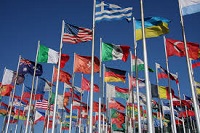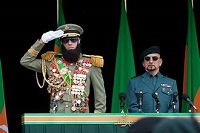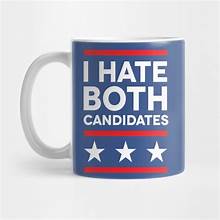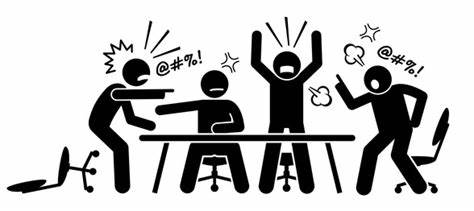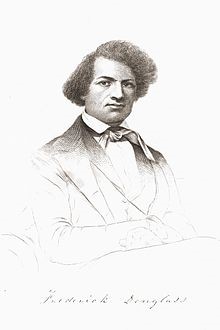
The International Criminal Court (ICC) is an intergovernmental organization housed in The Hague, Netherlands. It is a permanent international court with jurisdiction to prosecute individuals for genocide, acts of aggression, crimes against humanity and war crimes. The ICC is not affiliated with The International Court of Justice, an organ of the United Nations, that mediates disputes between member states.


